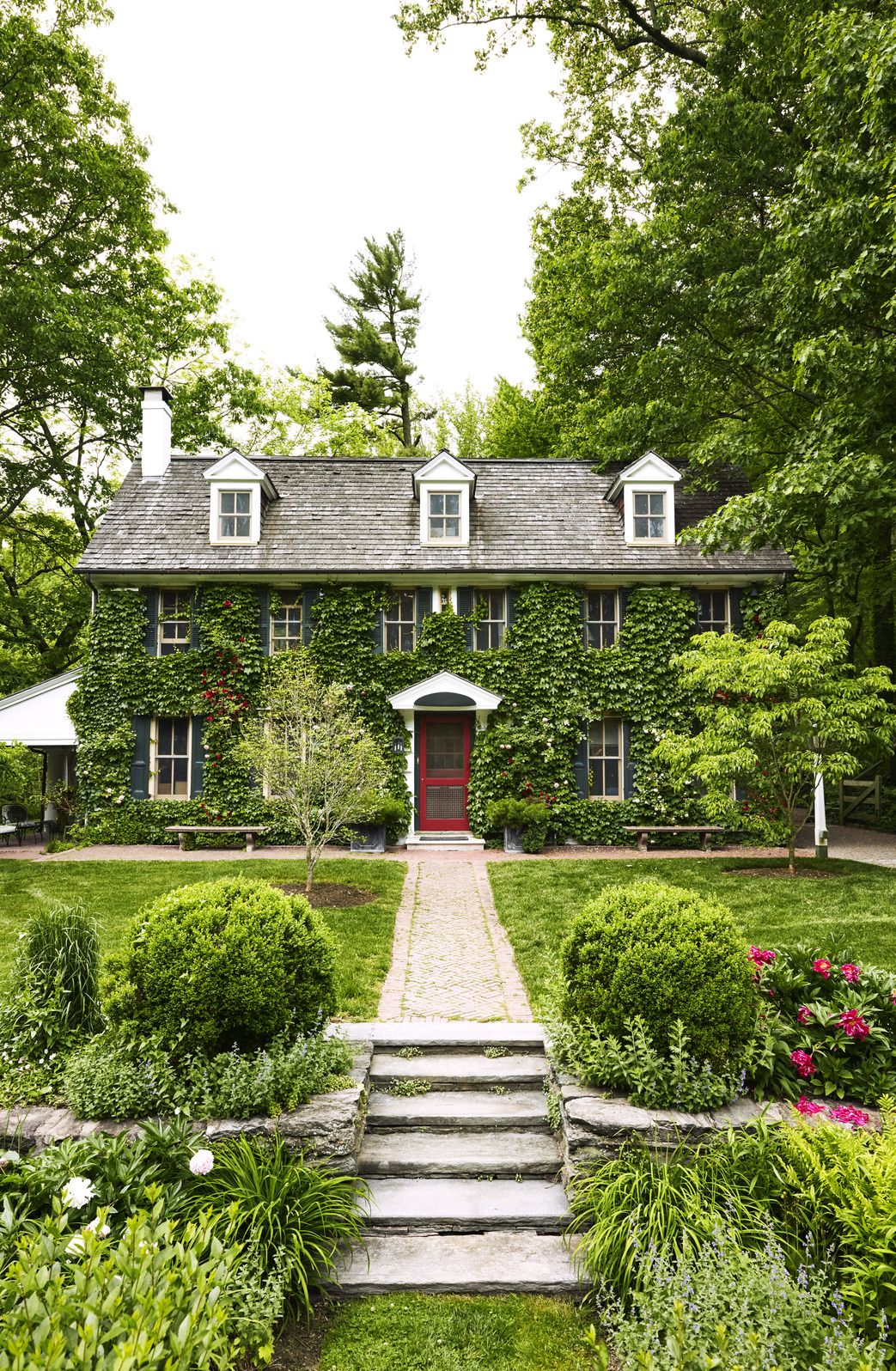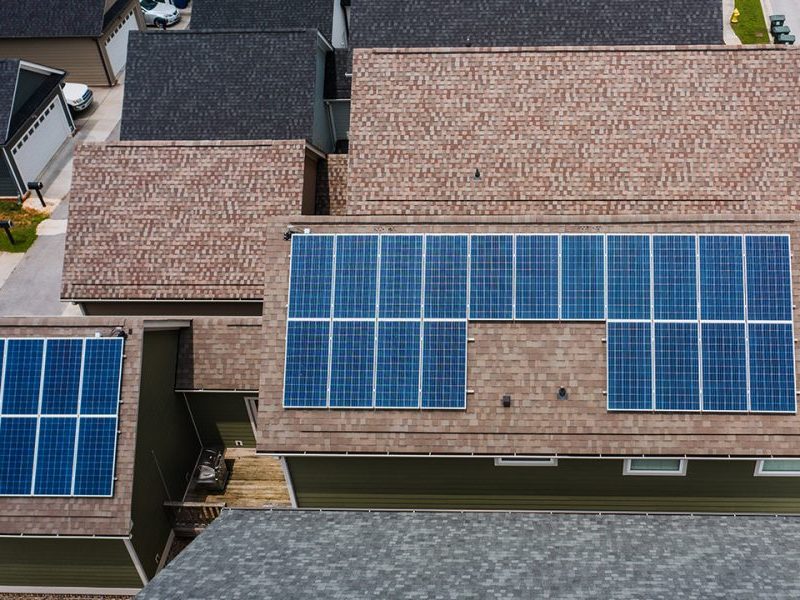Navigating the Landscape: Understanding Middletown, NJ Zoning Regulations
Related Articles: Navigating the Landscape: Understanding Middletown, NJ Zoning Regulations
Introduction
With enthusiasm, let’s navigate through the intriguing topic related to Navigating the Landscape: Understanding Middletown, NJ Zoning Regulations. Let’s weave interesting information and offer fresh perspectives to the readers.
Table of Content
Navigating the Landscape: Understanding Middletown, NJ Zoning Regulations

Middletown Township, located in Monmouth County, New Jersey, is a vibrant community with a diverse mix of residential, commercial, and industrial areas. The township’s zoning regulations, embodied in the Zoning Map, play a crucial role in shaping the physical character of the community, guiding land use, and ensuring the orderly development of Middletown.
Understanding the Zoning Map: A Key to Responsible Development
The Middletown Zoning Map is a comprehensive document that divides the township into distinct zones, each with its own set of rules and regulations governing the types of development permitted within that zone. These regulations are designed to:
- Promote public health, safety, and general welfare: Zoning ensures that development aligns with community goals, minimizing potential conflicts and promoting a harmonious environment.
- Protect property values: By regulating land use, zoning helps maintain the character of neighborhoods and prevent incompatible development that could negatively impact property values.
- Guide future growth and development: The zoning map provides a framework for future development, ensuring that new construction aligns with the township’s vision and strategic plans.
Decoding the Zoning Categories
The Middletown Zoning Map classifies land into various zones, each designated by a specific symbol or color. Here’s a breakdown of the most common zoning categories:
Residential Zones:
- R-1 (Single-Family Dwelling): Primarily for single-family homes on large lots, offering a quiet and secluded living environment.
- R-2 (Two-Family Dwelling): Allows for the construction of duplexes or two-family homes, providing a more compact and efficient housing option.
- R-3 (Multi-Family Dwelling): Permits the development of apartments and townhouses, catering to a higher density of residents.
- R-4 (Residential Development): A flexible zone that allows for a mix of residential uses, including single-family homes, townhouses, and apartments.
Commercial Zones:
- C-1 (Local Commercial): Designed for smaller businesses and retail establishments serving the immediate neighborhood, such as convenience stores, restaurants, and small shops.
- C-2 (General Commercial): Accommodates a broader range of commercial uses, including larger retail stores, offices, and professional services.
- C-3 (Highway Commercial): Located along major highways, this zone allows for larger commercial developments, including shopping centers, car dealerships, and hotels.
Industrial Zones:
- I-1 (Light Industrial): Suitable for manufacturing, warehousing, and distribution activities that generate minimal noise and pollution.
- I-2 (Heavy Industrial): Allows for more intensive industrial uses, including manufacturing plants, heavy equipment storage, and distribution centers.
Other Zones:
- Public Zones: Designated for parks, schools, libraries, and other public amenities.
- Agricultural Zones: Reserved for farming and agricultural activities.
- Conservation Zones: Protect environmentally sensitive areas, such as wetlands and forests.
Beyond the Map: Understanding Zoning Regulations
While the Zoning Map provides a visual overview of land use designations, it’s crucial to delve into the specific regulations associated with each zone. These regulations outline:
- Lot size and dimensions: Minimum lot size requirements and building setbacks from property lines.
- Building height and density: Limits on the height and number of units allowed on a property.
- Parking requirements: Minimum parking spaces required for different types of developments.
- Use restrictions: Specific activities permitted and prohibited within each zone.
Accessing the Zoning Map and Regulations:
The Middletown Township website is the primary resource for accessing the Zoning Map and associated regulations. The website typically provides an interactive map, allowing users to zoom in on specific areas and identify zoning classifications.
Utilizing the Zoning Map for Informed Decisions
Understanding the Middletown Zoning Map is essential for anyone considering development or property acquisition within the township. Here are some key benefits:
- Making informed investment decisions: By understanding the zoning regulations, potential buyers can assess the suitability of a property for their intended use and avoid potential setbacks or limitations.
- Planning for future development: Developers and landowners can use the Zoning Map to determine the feasibility of their proposed projects and ensure compliance with local regulations.
- Protecting property values: By ensuring that development aligns with zoning guidelines, the township helps maintain the character of neighborhoods and preserve property values.
Frequently Asked Questions (FAQs) about Middletown, NJ Zoning Map
Q: Where can I find the Middletown Township Zoning Map and regulations?
A: The most reliable source for the Zoning Map and regulations is the official website of Middletown Township. The website typically provides an interactive map and downloadable documents.
Q: How can I determine the zoning classification of a specific property?
A: You can use the interactive Zoning Map on the township website to identify the zone associated with a particular property. You can also contact the Middletown Township Planning Department for assistance.
Q: What happens if a property owner violates zoning regulations?
A: The township has the authority to enforce zoning regulations. Violations can result in fines, cease and desist orders, or even legal action.
Q: Can I request a zoning change for my property?
A: It is possible to apply for a zoning variance or amendment, but the process is typically complex and involves a review by the township’s Planning Board.
Q: How do I obtain a building permit?
A: You can obtain a building permit from the Middletown Township Building Department. The permit application process may require documentation demonstrating compliance with zoning regulations.
Tips for Navigating Middletown Zoning Regulations
- Consult with a professional: If you are considering a development project or property purchase, it is highly recommended to consult with a professional planner or attorney who specializes in zoning regulations.
- Review the zoning regulations thoroughly: Before making any decisions, carefully read and understand the zoning regulations applicable to your property.
- Attend public meetings: Stay informed about zoning changes and upcoming development proposals by attending township meetings and public hearings.
- Communicate with the township: If you have questions or concerns about zoning regulations, contact the Middletown Township Planning Department for assistance.
Conclusion
The Middletown Zoning Map serves as a vital tool for shaping the physical character of the township, ensuring responsible development, and protecting the quality of life for its residents. By understanding the zoning categories, regulations, and processes, individuals and businesses can make informed decisions, plan for future development, and contribute to the ongoing growth and prosperity of Middletown.








Closure
Thus, we hope this article has provided valuable insights into Navigating the Landscape: Understanding Middletown, NJ Zoning Regulations. We hope you find this article informative and beneficial. See you in our next article!
